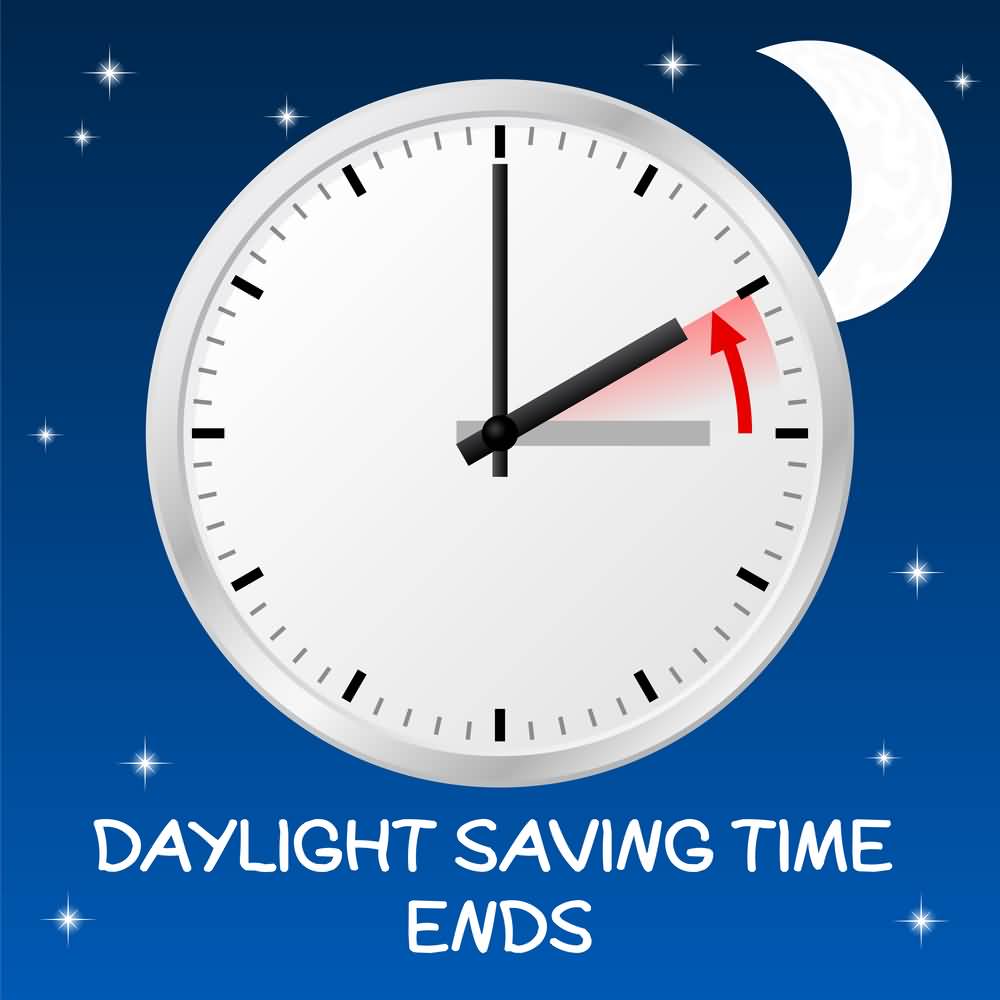Current News on Daylight Saving Time: Fall Back 2024
As the end of Daylight Saving Time (DST) approaches, many are preparing for the annual ritual of setting their clocks back one hour. This year, the time change will occur on November 3, 2024, at 2 a.m. local time, allowing everyone to gain an extra hour of sleep. This article will delve into the latest news surrounding the fall back event, the ongoing debate about the future of DST, and the implications of the Sunshine Protection Act.
The Upcoming Time Change
According to a recent article from USA Today, the transition from Daylight Saving Time to standard time will take place on November 3, 2024. This change is often referred to as "falling back," and it marks the end of the longer daylight hours that many enjoy during the summer months. The article emphasizes that this time change is not just about adjusting clocks; it also signifies a shift in daily routines as the days become shorter and darker.
Key Details:
- Date of Change: November 3, 2024
- Time of Change: 2 a.m. local time
- Effect: Gain an extra hour of sleep
For those who may be wondering about the specifics of the time change, the Courier-Journal notes that clocks will be set back one hour, meaning that at 2 a.m., the time will revert to 1 a.m. This adjustment will result in earlier sunrises and earlier sunsets, impacting daily activities and routines.
The Sunshine Protection Act
The Sunshine Protection Act, which aims to make Daylight Saving Time permanent, has been a topic of discussion since its introduction. The act was passed unanimously by the U.S. Senate in March 2022, but it has yet to be approved by the House of Representatives and signed into law by the President. If enacted, this legislation would eliminate the need for the biannual clock changes, allowing states to observe DST year-round.
Current Status:
- Passed by Senate: March 2022
- Pending Approval: House of Representatives
- Potential Impact: Permanent Daylight Saving Time
Despite the Senate's approval, the future of the Sunshine Protection Act remains uncertain. As reported by CBS News, at least 29 states have considered legislation related to DST, including proposals to make it permanent. However, these laws cannot take effect until Congress legalizes them.

States That Do Not Observe DST
Interestingly, not all states participate in Daylight Saving Time. Arizona and Hawaii are notable exceptions, as they do not adjust their clocks. Additionally, several U.S. territories, including Puerto Rico, Guam, and American Samoa, also do not observe DST. This has led to a patchwork of time observance across the country, which can be confusing for residents and travelers alike.
States and Territories Not Observing DST:
- Arizona
- Hawaii
- Puerto Rico
- Guam
- American Samoa
The Debate Over Daylight Saving Time
The practice of changing clocks has been met with mixed opinions. Proponents argue that it provides longer daylight hours in the evening, which can benefit businesses and outdoor activities. However, critics point to the negative effects on health and well-being, particularly the disruption of sleep patterns. Sleep experts have suggested that a switch to standard time year-round may be more beneficial for public health.
Health Implications:
- Sleep Disruption: Changing clocks can lead to sleep deprivation.
- Health Risks: Studies have linked the time change to increased heart attacks and accidents.

Conclusion
As we approach the fall back date of November 3, 2024, the conversation around Daylight Saving Time continues to evolve. With the Sunshine Protection Act pending and various states considering their own legislation, the future of this time-changing tradition remains uncertain. Whether you are looking forward to gaining an extra hour of sleep or are concerned about the implications of the time change, it is clear that the topic of Daylight Saving Time will remain relevant in the coming months.
For more information on the upcoming time change and the ongoing debate, you can check out the following articles:
- USA Today: Fall back time change 2024
- CBS News: Will daylight saving time end permanently in 2024?
- TimeAndDate: Daylight Saving Time 2024 in the United States
Stay tuned for updates as the date approaches, and remember to set your clocks back!





